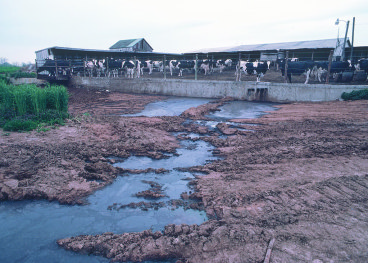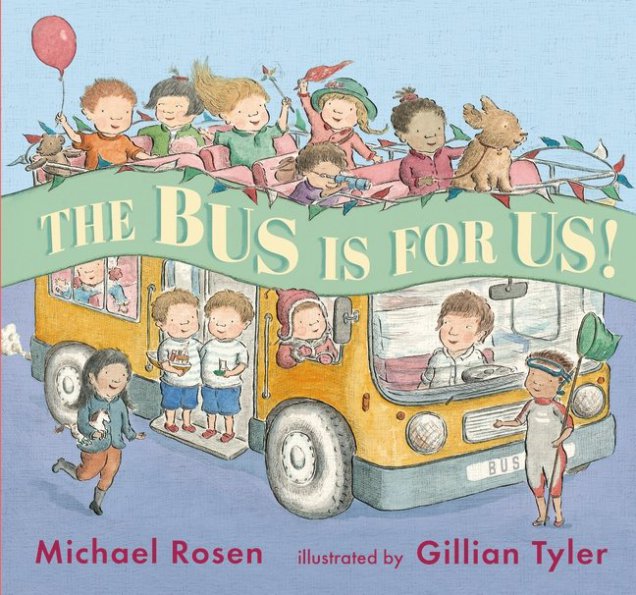By Genevieve Cottraux
In a split decision on Idaho’s 2012 “ag-gag” law, the U.S. Court of Appeals for the Ninth Circuit ruled on January 4, 2018 that audio and visual recordings in animal agricultural facilities could not be prohibited by the state, upholding an earlier ruling that invalidated the Idaho law for violating free speech.
Idaho’s law criminalizing hidden camera recordings of farm operations was enacted in 2014 after the group Mercy for Animals publicly released a video in 2012 showing animal abuse at Bettencourt Dairy’s Dry Creek Farm, in Hansen, Idaho. The video showed workers kicking, punching, and jumping on cows. Among the groups actively lobbying for the ag-gag law was the Idaho Dairymen’s Association. The bill was signed into law by Gov. C.L. “Butch” Otter, a rancher.
 Tim McCabe / Photo courtesy of USDA Natural Resources Conservation Service (Wikimedia Commons)
Tim McCabe / Photo courtesy of USDA Natural Resources Conservation Service (Wikimedia Commons)
In 2015, the Animal Legal Defense Fund (ALDF), represented by Denver law professor Justin Marceau, sued the state of Idaho. U.S District Court Judge B. Lynn Winmill ruled in ALDF’s favor, calling the Interference with Agricultural Production Law unconstitutional. Idaho Attorney General Lawrence G. Wasden appealed Winmill’s decision.
The January 4th ruling is a partial victory for animal activists. In the 2-1 ruling, the appellate judge panel ruled in Wasden’s favor in upholding the sections of the bill that criminalize obtaining employment with the intent of causing economic or other injuries and the obtaining of records of an agricultural production facility through misrepresentation.
The term “ag-gag law” was first used by New York Times food writer and opinion columnist Mark Bittman in 2011, in a column suggesting that the root problem is that “we have created a system in which standard factory farming practices are inhumane.” Ag-gag laws punish whistle-blowers and independent investigators who bring to public attention the abuses of the industry. The Humane Society of the United States calls ag-gag laws “a threat to public health, animal welfare, and the environment.”
The first ag-gag law was passed in Kansas in 1990, followed by Montana and North Dakota in 1991. Bills have since been introduced in 25 states. Other states to pass such ag-gag laws include Arkansas, Kansas, Iowa, Missouri, Utah, North Carolina, and Wyoming. Challenged by ALDF and other animal advocates, the Utah law was ruled unconstitutional by the U.S. District Court of Utah in July 2017. The state of Utah has not appealed the decision. A coalition led by the American Civil Liberties Union (ACLU) of Iowa filed a federal lawsuit in October of 2017 challenging Iowa’s 2012 Agricultural Production Facility Fraud ag-gag law. That case is still pending.
Investigative journalism and exposés into slaughterhouses and the meatpacking industry in America go back to journalist Upton Sinclair’s 1906 book The Jungle. Meant to be a condemnation of the exploitation of workers in the industry, Sinclair’s book shocked the American public and led to the passage that same year of the Meat Inspection Act and the Pure Food and Drug Act, and the formation of the Food and Drug Administration (FDA).
Not only are ag-gag laws an issue for animal activists but they are also a concern for anyone worried about food safety, labor issues, free speech, and freedom of the press. All consumers need information on how animals are treated in order to make decisions about the food they buy; ag-gag laws specifically hide information from consumers. Inhumane treatment of animals is the status-quo in the agricultural industry. Ag-gag laws keep it that way. The industry will not change without public awareness and outcry against animal cruelty.
Advertisements Spread the Word




